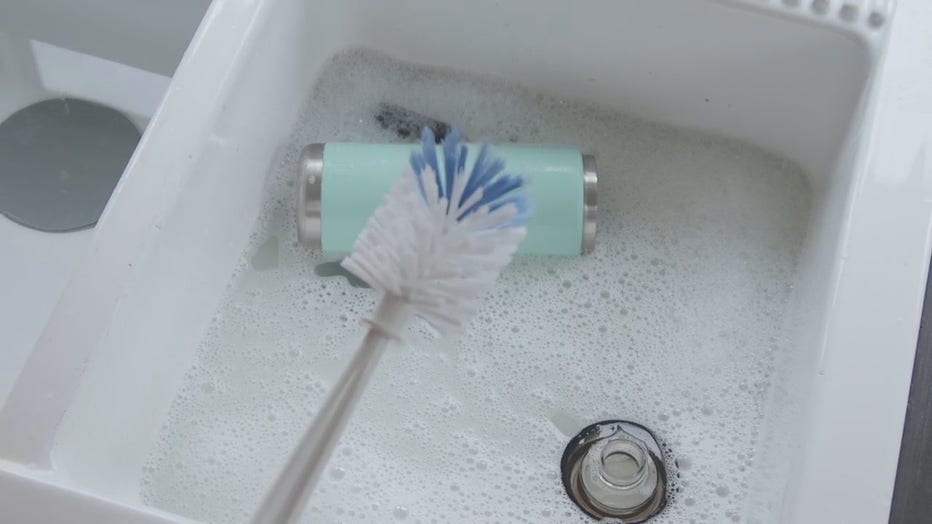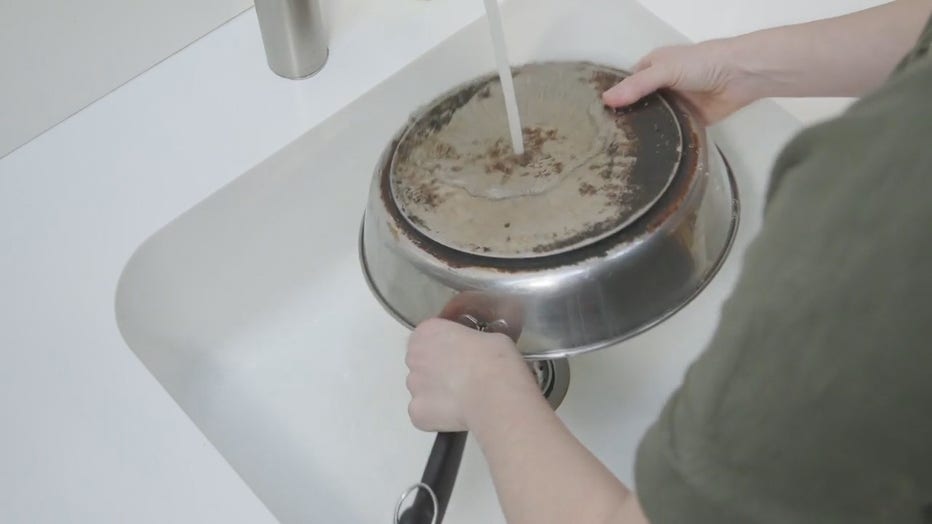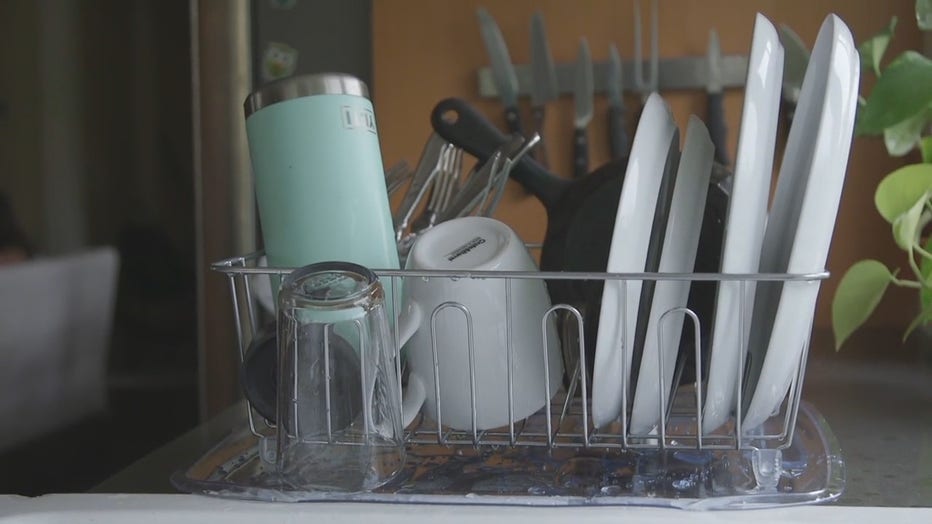Get spotless dishes by using less water
Consumer Reports has always advised that you shouldn’t run your dishwasher half-empty because it wastes energy and puts more wear on the appliance.
They also say that washing dishes by hand can waste tons of water.
But what if you can’t wait for your favorite mug?

CR says there’s a method to hand-washing dishes that can use less water than a dishwasher.
Washing dishes by hand can use a lot of water compared with newer energy-saving dishwashers.
The models in CR’s tests use about 4 to 6 gallons of water to clean a full load.

If you hand-wash dishes with the water running, you can use about 22 gallons!
If you still prefer to wash dishes by hand or you don’t have a dishwasher, the two-basin method is optimal.
First, scrape off any leftover food. Then fill one side of the sink with hot water and a few squirts of dishwashing liquid and the other sink with clean, cool water.
Hot water is unnecessary.
If you have a single sink, use a plastic basin for clean water instead.
Now let’s get to work! Start with the least dirty dishes and work up to heavily soiled pots and pans.
If necessary, let them soak, then scrub clean with a sponge.
Never put sharp knives in soapy water where you can’t see them.
Dip the scrubbed items in the clean water to remove the suds.
If the rinse water gets too sudsy, pour some out and add more clean water.
Put your clean dishes on a drying rack with a drainboard. They need space for air to circulate and dry them.

To avoid spots, dry glassware and metal items with a lint-free towel.
Some other helpful hand-washing tools? A bottle brush to get your drinking bottles really clean.
The little brushes are great for reusable straws.
Plain sponges are all you need for regular dishes, while a scrubber will take care of caked-on food.
And dishwasher soap can give you "dishpan hands," so always wear a pair of rubber gloves.
Wet sponges are a breeding ground for bacteria.
CR says to sanitize them, wet them and put in the microwave for 2 minutes.
Sponges should be replaced every two weeks.

All Consumer Reports material Copyright 2021 Consumer Reports, Inc. ALL RIGHTS RESERVED. Consumer Reports is a not-for-profit organization which accepts no advertising. It has no commercial relationship with any advertiser or sponsor on this site. Fo

